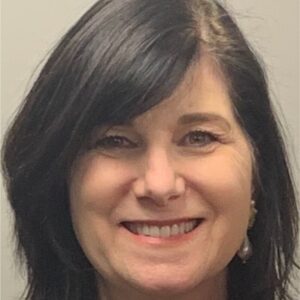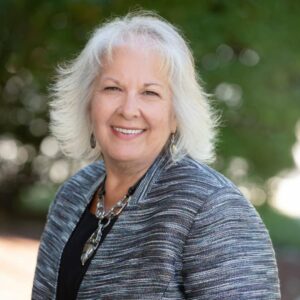IASC institute launches at LeadingAge
A new long-term care educational institute launched at the LeadingAge Annual Meeting and Expo in Boston, and it’s all about melding innovation with the hands-on provider community.
 The Institute for the Advancement of Senior Care (IASC, pronounced “I ask”) plans to marry the innovation of breaking initiatives and research with the traditional skills of long-term care, serving as an ongoing educational warehouse for those who operate and work in long-term care settings from assisted living to skilled nursing.
The Institute for the Advancement of Senior Care (IASC, pronounced “I ask”) plans to marry the innovation of breaking initiatives and research with the traditional skills of long-term care, serving as an ongoing educational warehouse for those who operate and work in long-term care settings from assisted living to skilled nursing.The institute, founded by Vendome Group, a media company whose healthcare publications include Long-Term Living magazine, fills the need for more collaborative knowledge-sharing among policy leaders, state initiatives, long-term care owners and operators and the caregivers who deliver senior services, according to an institute release.
The institute’s advisory board, headed by Margaret Wylde, PhD, and Silverado President and CEO Loren Shook, consists of industry experts from across the disciplines within assisted living, skilled nursing and other senior service sectors, will play a key role in both guiding the institute’s projects and in choosing educational content that is relevant to today’s senior care administrators and caregivers.
“We can’t afford to continue to discuss long-term care in silos anymore,” says Michael Raggiani, the institute's director. “We need to bring diverse skills and knowledge together–clinical, business administration, social services and the resident experience–to make a greater difference in the care we deliver industry-wide.”
Among its first endeavors, the institute will be hosting three regional forums on memory care in 2016; Feb. 25-26 in Austin, Texas; May 24-25 in Philadelphia and September in La Jolla, Calif. Each of the 2016 regional events will offer deep-dive sessions on the latest advancements in memory care specific to long-term care settings and will bring executives and clinical caregivers together in the mission of learning ways to implement better care programs and memory care services.
“Quality memory care delivery is the one thing no long-term care provider will be able to ignore from now on,” Raggiani says. “The impact of not being up to speed on the latest in memory care will be detrimental not only to residents’ quality of life, but also to long-term care’s entire business model.”
To learn more about IASC and its work, visit www.iAdvanceSeniorCare.com

Pamela Tabar was editor-in-chief of I Advance Senior Care from 2013-2018. She has worked as a writer and editor for healthcare business media since 1998, including as News Editor of Healthcare Informatics. She has a master’s degree in journalism from Kent State University and a master’s degree in English from the University of York, England.
Related Articles
Topics: Executive Leadership











